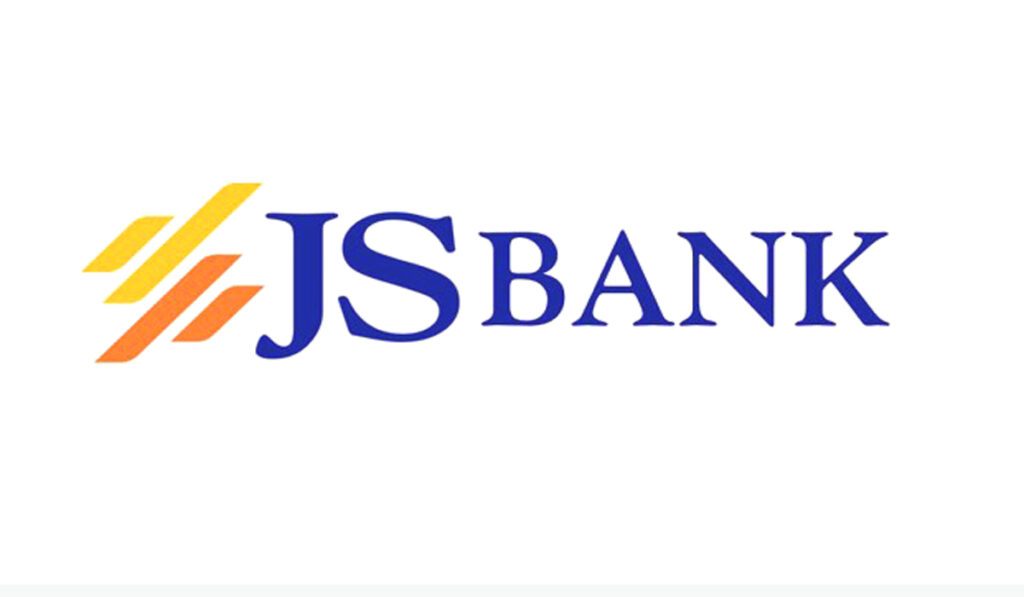JS Bank, a subsidiary of Jahangir Siddiqui & Co Limited, has filed a Public Announcement of Intention to purchase more than 51% of BankIslami Pakistan Limited’s shares and control.
Next Capital is the offer’s manager. The parties have yet to decide and agree upon a price for the acquisition of the majority share.
Earlier, on November 11, JS Bank purchased 86,316,954 ordinary shares from Emirates NBD Bank PJSC, representing 7.79% of paid-in capital. Following the consent of the State Bank of Pakistan, this occurred (SBP).
JS Bank and Jahangir Siddiqui & Co collectively possess 21.26% or 235.68 million BankIslami ordinary shares.
Previously, JS Bank purchased shares from Emirates NBD Bank PJSC. This time, however, it will need to grow its stake to the desired amount by purchasing shares from the general public. There is currently no information on the breakup between the two. This deal is also contingent to SBP approval.
In a letter to the PSX, Next Capital stated, “The public notice of intention may be withdrawn if the required permissions are not obtained by the relevant regulatory authorities.”
During the first three quarters of the year, BankIslami has reported a net profit of Rs 2.85 billion, while earnings per share have climbed from Rs 1.92 last year to Rs 2.57 this year.
Pakistan has the second-highest Muslim population in the world, which is an interesting fact. In addition, the country has poor bank penetration. Pakistan is responsible for around 6% of the world’s unbanked population. In accordance with a 2017 World Bank report, only 21% of the adult population has a bank account. Religion was given by 13% of unbanked respondents as their reason for not having an account.
As a result, as part of the National Financial Inclusion Strategy, the government intends to encourage Islamic finance.
In addition, the government’s current drive for Islamic banking may explain why JS is accelerating its acquisition of BankIslami.
On November 10, Federal Finance minister Ishaq Dar announced the withdrawal of two review petitions filed by the State Bank of Pakistan (SBP) and National Bank of Pakistan (NBP) against the Federal Shariat Court’s decision to transform Pakistan’s economic and financial system into an interest-free one within five years.
Islamic banking will account for 18.6% of banking industry assets and 19.4% of deposits by the end of 2021. The SBP aims for the Islamic banking sector to account for 30% of the banking industry by 2025. Similarly, conventional bank Islamic branches comprised 45.7% of total Islamic banking assets by the end of 2021.
Fitch Ratings estimates that the size of the Pakistani Islamic finance industry surpassed $42 billion by the end of the first quarter of 2022, with Islamic banks constituting 67% of the industry’s total assets, sukuks contributing 26%, Islamic funds contributing 6%, and takaful contributing 1%.
